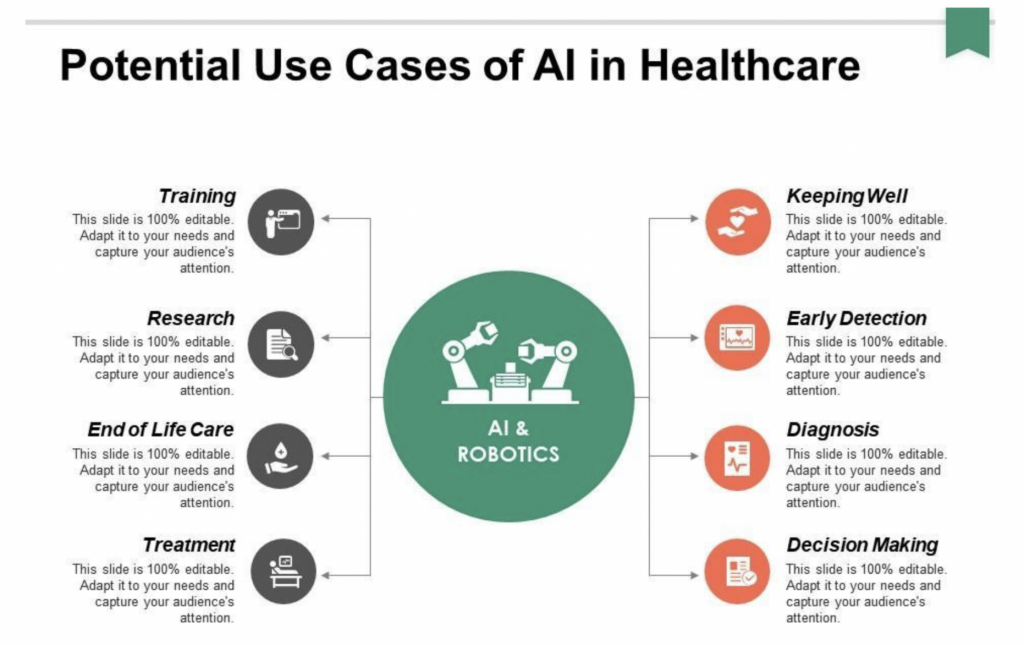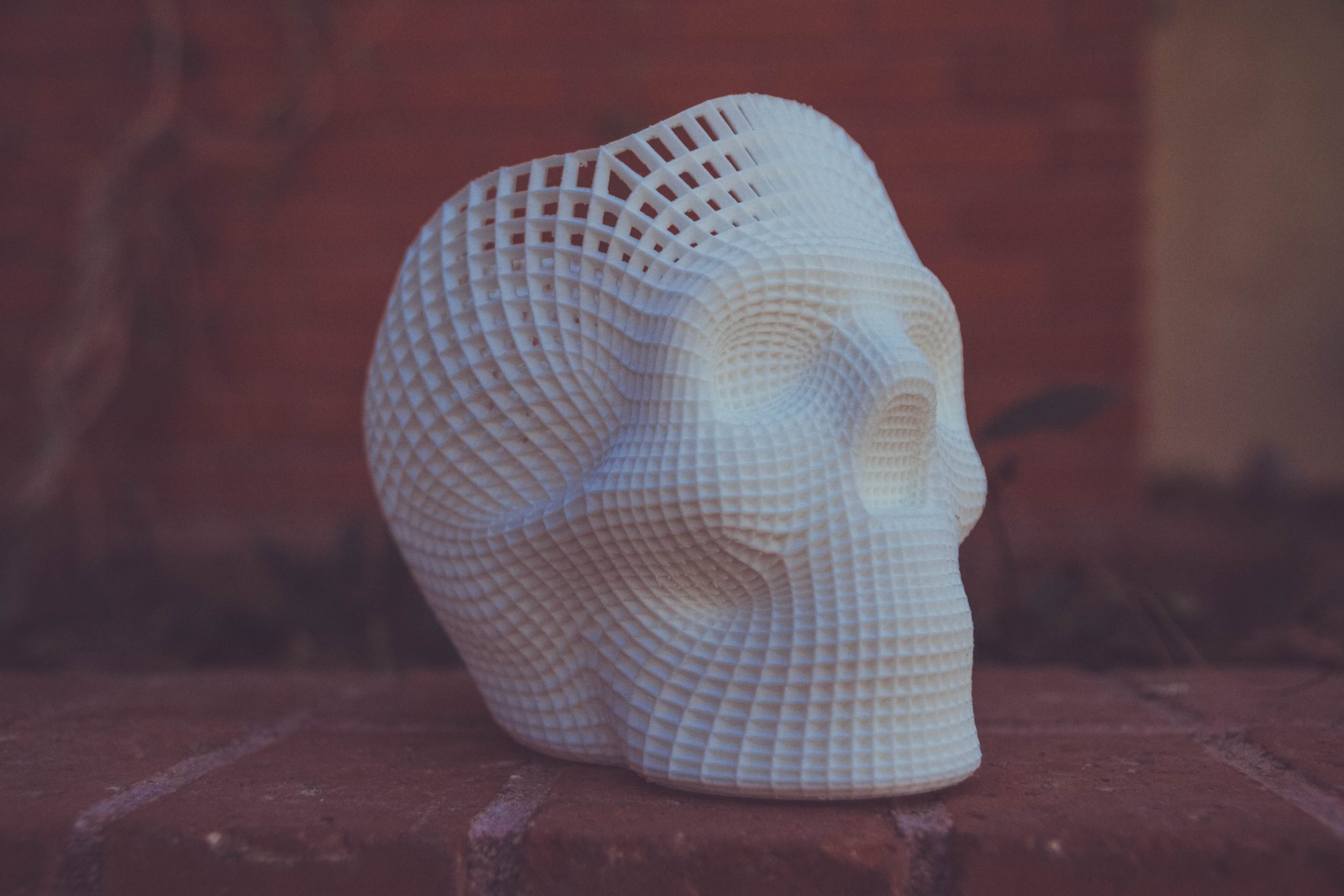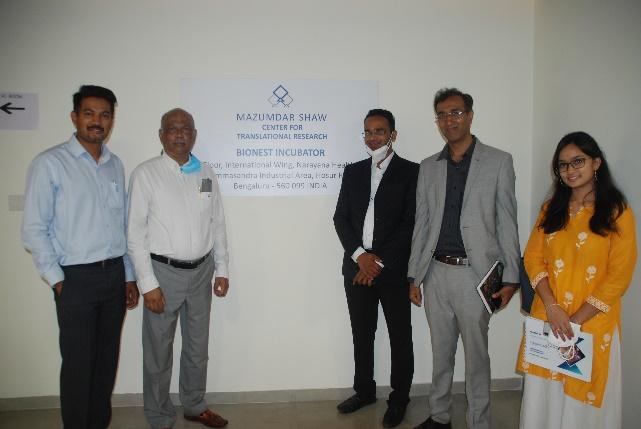Changing landscape in healthcare domain to accommodate AI & ML
Introduction
The healthcare landscape in India has been improving slowly and steadily during the pandemic. The battle with the Coronavirus has initiated a wave of entrepreneurship in the healthcare industry of India; today, many start-ups are technology-first establishments, harnessing the power of artificial intelligence, machine learning, deep learning, and natural language processing. For example, Turtle utilizes artificial intelligence to craft accurate medical recommendations for its users. Companies like OMINAR use AI to pre-emptively detect kidney diseases in patients, while TeraLumen deploys artificial intelligence for smart, intelligent detection of cancer. The use cases of AI in healthcare are manifold and potentially life-changing.

The country must overcome certain hurdles to truly realize the benefits of using artificial intelligence in the healthcare industry. In a report published by CIS India (The Centre for Internet and Society), it has come to light that while assistive AI has a good potential for growth in the Indian healthcare ecosystem, all AI technologies that replace doctors or traditional treatment are likely to experience friction.
The changing landscape of healthcare leaves a few unresolved challenges to be tackled; let’s see what they are.
Assisting the Adoption of AI in Healthcare
For an industry as mainstream and sensitive as healthcare, it is imperative for the authorities, professionals, and industrialists involved to understand how transformative and revolutionizing AI could be for a developing nation. Artificial Intelligence and Machine Learning are extremely data-driven technologies, that, if coupled with access to high-speed internet, fast computers, and the right set of supplementary healthcare innovations, can truly transform the landscape of healthcare in India.
On the flip side, the following hurdles still need to be tackled to allow AI/ML to integrate fully with Indian healthcare.
1. Data Hurdles
The first problem in implementing AI in the healthcare industry in India is the existing state of healthcare data. Currently, most information is partly stored on paper and partly in the cloud; everything is painstakingly disjointed and desynchronized. In situations like these, even after implementing solutions like AI/ML, it becomes tricky to train the algorithmic model, because the data to boot is either of low quality or entirely siloed.
Suppose, for example, that an experienced doctor can diagnose a severe heart condition at a glance from an ECG, while a junior cannot; AI has the potential here to assist any doctor to read reports right and deliver the correct diagnosis. Such possibilities, although enticing, are significantly dependent on the availability of quality data to train the AI model.
2. The Predictive Problem
Today, many start-ups are investing in AI and ML to create predictive models for early detection of cancer, heart disease, etc. Predictive modelling is essentially based on training the AI algorithm to understand patterns and trends in the data, and extrapolate them with reasonable reality factor to generate a prediction. However, with that said, the healthcare industry in India doesn’t readily have good quality test data to feed into AI algorithms to train it quickly and to scale. Any AI or ML implementation will take a long time to be trained properly and assimilated in the standard operating protocol at a scale that India needs.
3. AI Application Conundrum
AI is an extraordinarily capable but complex technology that, if utilized to its fullest extent, can deliver diagnoses at par with an experienced doctor. It has been hinted that AI has the capability of assisting doctors during complex surgeries as well, potentially doing wonders for the advancements in healthcare. With that said, the Indian healthcare industry primarily needs to be implementing AI in remote rural areas where traditional healthcare setup cannot be infrastructurally made possible. Removing disparity in access to healthcare is a noble cause, but the practical challenges that hinder the proliferation of AI in rural, remote-access areas with connectivity and electricity problems make this transition twice as difficult.
Conclusion
Being the developing nation that it is, India can benefit significantly from correctly setting up its AI infrastructure. Recognizing the significant role that AI has to play in transforming the healthcare landscape of India, the Mazumdar Shaw Medical Foundation arranges support for start-ups in the niche through the following facilities:
- Technical mentorship by experts to assist with development in AI/ML
- Cloud services for managing data storage, security and privacy
- Helping deployment of AI/ML application by identifying suitable platforms

As highlighted in this infographic from Infotech, having a capable cloud computing product or service like Microsoft Azure can set the stage for the smooth and effective introduction of AI in any industry. Bearing this in mind, the entrepreneurs in MSMF also have access to the following technological resources:
- Linux and Windows supercomputers
- Microsoft Azure cloud computing service
MSMF believes in the power of AI and ML to transform every industry for a data-driven, algorithmic future. The problems in integrating AI with Indian healthcare are vast and tricky to navigate. That said, India has been growing leaps and bounds in technological innovation during the pandemic. If AI is sought as a common goal for the entire healthcare industry, it can start becoming a familiar reality in the near future.
Subscribe to Newsletter
Recent Posts
- Bridging The Gaps Between Treatment and Diagnosis: The FastSense Approach
- Embedded Finance in Healthcare Industry in India: Collaboration with FinTech and MedTech Companies
- Thermaissance: Where Healthcare and Quality of Life Meet
- Case Study: TeraLumen
- Emerging new business models in the MedTech industry in India







